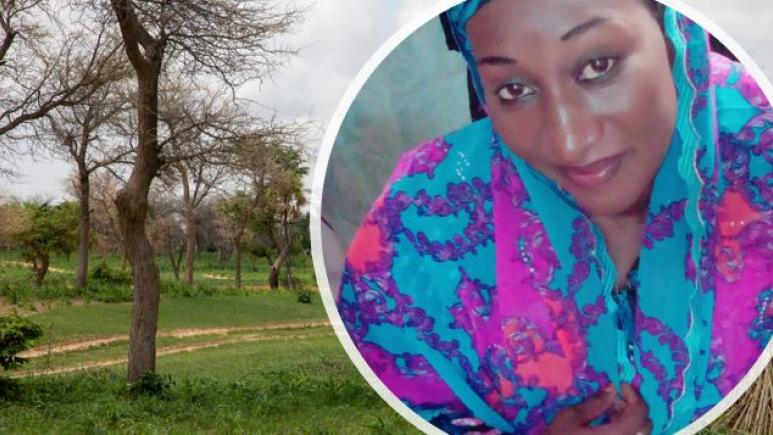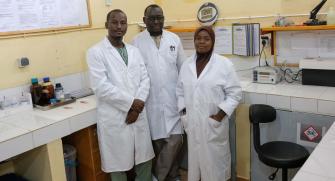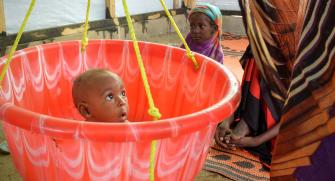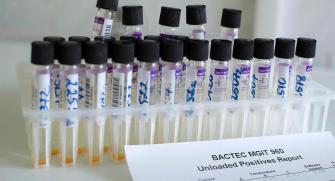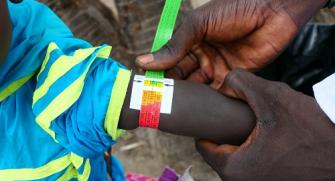Mariama Issoufou Adamou: a leitmotiv, to understand and fight against malnutrition in Niger
What was the focus of your presentation at the OWSD Congress, the Unesco program to promote women in science?
Mariama-Issoufou Adamou: The main objective of my study was to collect information on the knowledge, attitudes and practices in nutrition among children under 2 years of age in the village of Dan Kori, which is located in the Maradi region. This region is one of the most affected by malnutrition in Niger with a prevalence of 11.4%. During my master's degree in nutrition after my medical studies, I tried to better understand why this region of Niger was so affected by malnutrition, by exploring the behaviors of the inhabitants of this village composed mainly of farmers.
Almost all women breastfeed within the first hour after birth and continue to breastfeed after 6 months. However, the early introduction of another food is practiced in ¾ of the children in this locality. Indeed, the mothers think that breast milk alone would not be sufficient. Because of the lack of cereals and their low diversity, children easily fall into malnutrition. This observation led us to carry out awarness sessions to change certain practices and encourage them to develop crops that ensure food diversification.
What was your background before joining Epicentre?
MIA: I studied medicine from 2007 to 2015 at the Abdou Moumouni Dioffo University in Niamey. This was followed by a 3-month contract with MSF working with malaria and malnourished children, which was the trigger for my interest in malnutrition issues. I then decided to do a master's degree at the Faculty of Agronomy at Abdou Moumouni Dioffo University, which was the subject of the work presented at the OWSD congress. Then when I saw that Epicentre was looking for a doctor to work on nutritional studies, I immediately applied and since January I joined the Maradi Center.
What are you currently working on?
MIA: We are laying the groundwork for the launch of a large study that will evaluate a new ready-to-use therapeutic food for young children with severe acute malnutrition. Until now, malnourished children have been given Plumpy'Nut, which consists of peanuts, sugar, vegetable fat, skim milk powder and a mineral and vitamin complex. Although the children seem to recover in terms of body mass, their intestinal flora remains altered, which seems to have an impact on their long-term growth.
The addition of green banana and chickpeas to the basic formula showed positive effects in a trial in Bangladesh. The study of this new therapeutic food formulation is therefore envisaged in Niger in the Maradi region. It will focus on the effects on growth as well as on the microbiota in children. We are currently studying the feasibility of this study which could, if all goes well, start next year.







